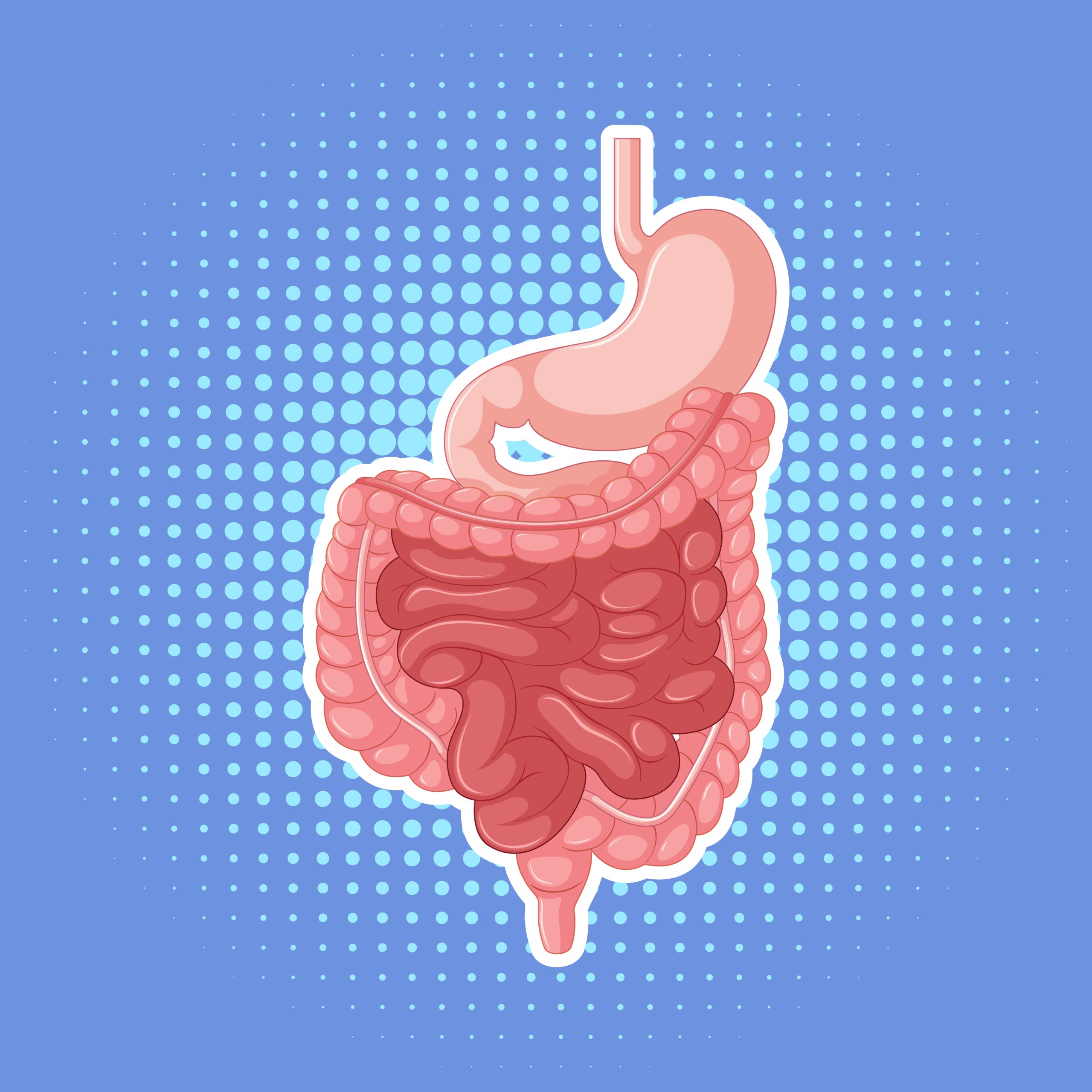As we age, it’s not just our bodies that undergo changes – our brains do too. And while growing older may bring wisdom and experience, it can also lead to a decline in cognitive function. But what exactly causes this decline? Is there anything we can do to slow or reverse it? Cutting-edge research into brain aging is providing some fascinating clues, and in this post, we’ll delve into the mysteries of how our minds change as we get older. From the effects of exercise and nutrition to new insights into the biology of the aging brain, let’s explore what science is telling us about unlocking the secrets of healthy aging.
The Link Between Sugar and Brain Aging
Sugar is a major contributor to brain aging, research shows. According to a study published in the journal Neurology, sugar increases levels of inflammatory markers in the blood, which can lead to cognitive decline and Alzheimer’s disease. Additionally, evidence suggests that sugar also harms the hippocampus—a key region in the brain associated with memory and learning—in a way that may accelerate age-related cognitive decline.
To help prevent or reverse these negative effects of sugar on the brain, it’s important to cut back on our intake of this unhealthy foodstuff. Here are some tips for doing just that:
One way to reduce your intake of sugar is to choose healthier options when dining out. For example, opt for grilled instead of fried foods or order fruit instead of dessert.
Another effective strategy for reducing your intake of sugar is to make some lifestyle changes. For example, try eating more fruits and vegetables every day and limit your intake of processed foods and sugary drinks.
If you already have Alzheimer’s disease or other forms of dementia, it’s important to speak with your doctor about how best to manage your symptoms. Some treatments that may be beneficial include restricting caloric intake, taking supplements such as magnesium or omega-3 fatty acids, and engaging in physical activity.
The Role of Diet in Brain Aging
The Role of Diet in Brain Aging
As we age, our brains undergo a number of changes that can lead to decreased cognitive function and even dementia. Much of this damage is caused by inflammation, which is believed to be caused by a poor diet. A healthy diet can help prevent these problems, but it’s not just about what you eat; it’s also about how much you eat.
Too much sugar or unhealthy fats can promote inflammation and damage the brain. In addition to causing health problems on their own, these foods can also contribute to cognitive decline and Alzheimer’s disease. To keep your brain healthy throughout your lifespan, make sure to follow a balanced diet that includes plenty of fruits, vegetables, whole grains, and unsaturated fats.
The Effects of Exercise on the Brain
The brain is one of the most active organs in the body, and as we age, its ability to function at its best decreases. It’s not just a matter of getting older – exercise has been shown to help protect the brain from age-related deterioration. In fact, regular exercise can help reverse some of the negative effects of aging on cognitive function and memory.
One reason that exercise is so beneficial for the brain is that it helps improve blood flow to the brain. This increased blood flow is instrumental in delivering nutrients and oxygen to the cells, which in turn helps maintain neural function and promotes neurogenesis – the creation of new neurons. In addition, regular exercise has been shown to increase levels of BDNF – a protein that is essential for spatial memory and learning – as well as reduce levels of cortisol, a stress hormone.
So what exactly does all this mean for your everyday life? Well, if you’re looking to preserve your cognitive capabilities into old age, adding some form of exercise into your routine is definitely a good idea. And don’t forget: even modest amounts of activity have significant benefits for your brain!
The Benefits of Meditation for Brain Health
Meditation has been shown to be beneficial for brain health, and there are many reasons why. Meditation helps improve focus and concentration, which is important for maintaining cognitive function. It also reduces anxiety and stress, which can lead to better mental health. Finally, meditation has been linked with reductions in inflammation and oxidative damage in the brain.
All of these benefits are likely due to the fact that meditation increases levels of serotonin, a neurotransmitter responsible for mood regulation. Additionally, meditation has been shown to reduce inflammation in other parts of the body, including the brain. This is because inflammation damages cells and causes pain or tissue damage. In short, practices like meditation can help improve overall brain health by reducing inflammation and oxidative damage.
Conclusion
As we age, our brains undergo changes that can lead to memory loss, decreased cognitive function, and more. But thanks to groundbreaking research, we now have a better understanding of the factors that contribute to brain aging and the strategies we can use to prevent or reverse these effects. In this article, I’ve highlighted some of the most recent findings on brain aging and offered some recommendations for how you can safeguard your cognitive health as you grow older. I hope this provides you with a little more insight into what goes on in your head as you age and helps you take practical steps to maintain maximum brain function into old age.










